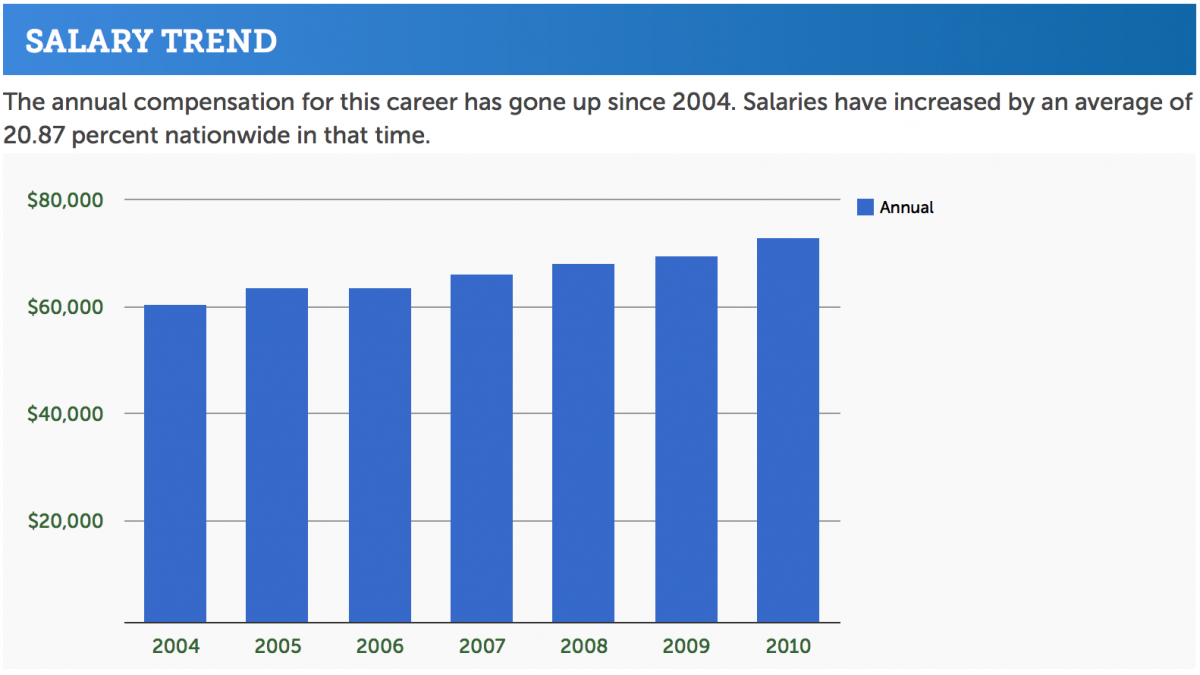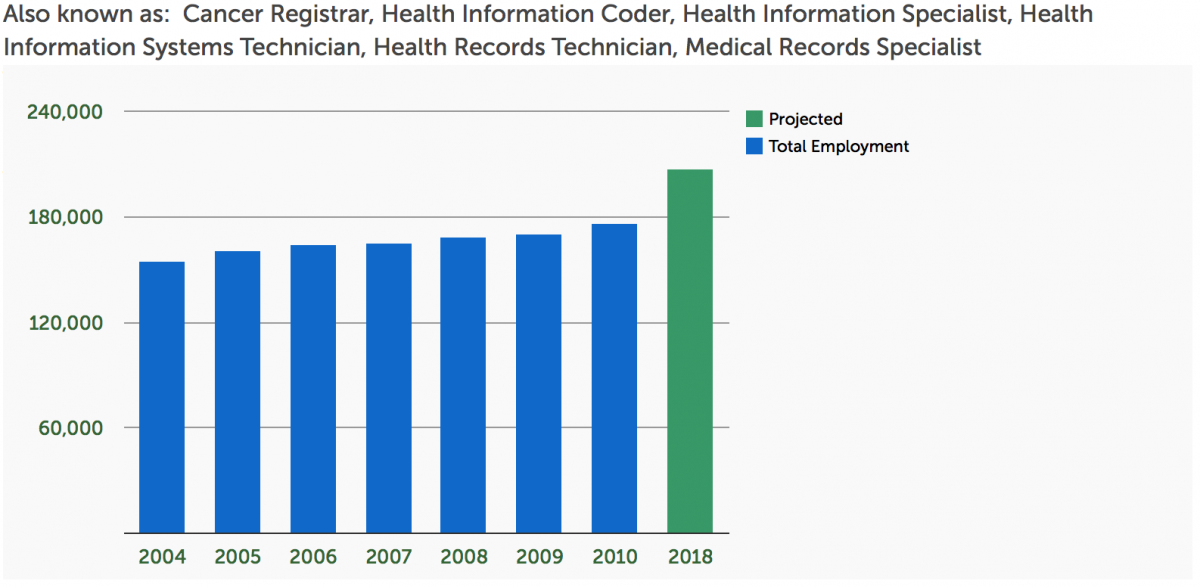What can I do with an undergraduate BS degree in Biomedical Informatics?

Biomedical Informatics has many applications in the workplace, and can be used in diverse contexts from basic scientific research to clinical settings. Graduates of the BS program in Biomedical Informatics can choose to: enter the job market directly, with specialized skills valued by many employers, including clinics and hospitals, pharmaceutical and diagnostic companies, biotech firms specializing in healthcare applications, software companies, and research and government institutes, pursue advanced degrees (MS and PhD) in the field of Biomedical Informatics or a related discipline such as Health/Clinical Informatics, Medical Informatics, Health Information Management, or Bioinformatics or pursue health professions degrees in Medicine (MD), Physician Assistant (MS), Pharmacy (PharmD), Veterinary Medicine (DVM), and others. NOTE: Elective courses must be properly chosen to meet the different requirements of these individual paths.
What to expect
NYS Department of Labor reports that just over 9,000 of their citizens make a living as Health Informatics technicians. 
The average salary is $38,470 with a starting salary of $25,700. Those with greater experience can expect an annual salary of $44,860.
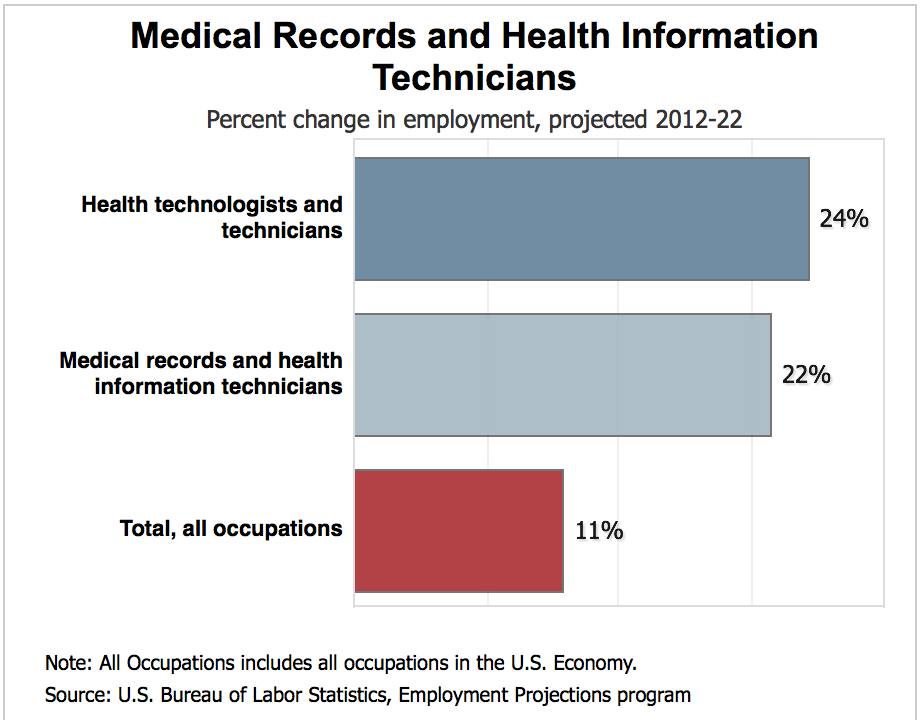
Individuals with more education (Masters Degrees) can expect to obtain higher wages and advance in position. Employment of health information technicians is projected to grow 22 percent from 2012 to 2022, much faster than the average for all occupations. The demand for health services is expected to increase as the population ages. An aging population will need more medical tests, treatments, and procedures. This will mean more claims for reimbursement from insurance companies. Additional records, coupled with widespread use of electronic health records (EHRs) by all types of healthcare providers, could lead to an increased need for technicians to organize and manage the associated information in all areas of the healthcare industry.
What are my options for graduate school in the NYC area?
There are a number of graduate level programs in Biomedical Informatics and related disciplines (Bioinformatics, Health Informatics, Medical Informatics) in the NYC area.
- Masters degrees: SUNY Downstate has an MS in Medical Informatics; City College (CUNY) has a Medical Informatics concentration in their MS in Information Systems program; Weill Cornell has an MS program in Health Informatics; Columbia University has an MA program in Biomedical Informatics; NYU Poly has an MS program in Bioinformatics; Rutgers University has an MS program in Biomedical Informatics; Adelphi University has an MS program in Healthcare Informatics.
- PhD degrees: NYU has a PhD program in Biomedical Informatics; CUNY Graduate Center has a PhD program in Bioinformatics; Columbia University has a PhD program in Biomedical Informatics; Rutgers University has a PhD program in Biomedical Informatics.
What is the job description?
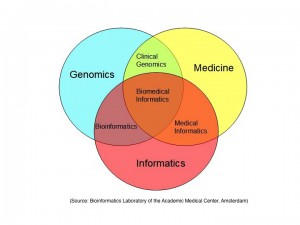
Bioinformatics Technicians assist scientists in a variety of fields including pharmaceuticals, medical technology, biotechnology, computational biology, proteomics, computer information science, biology and medical informatics. They use tools to visualize, analyze, manipulate or interpret molecular data. May build and maintain databases for processing and analyzing genomic or other biological information.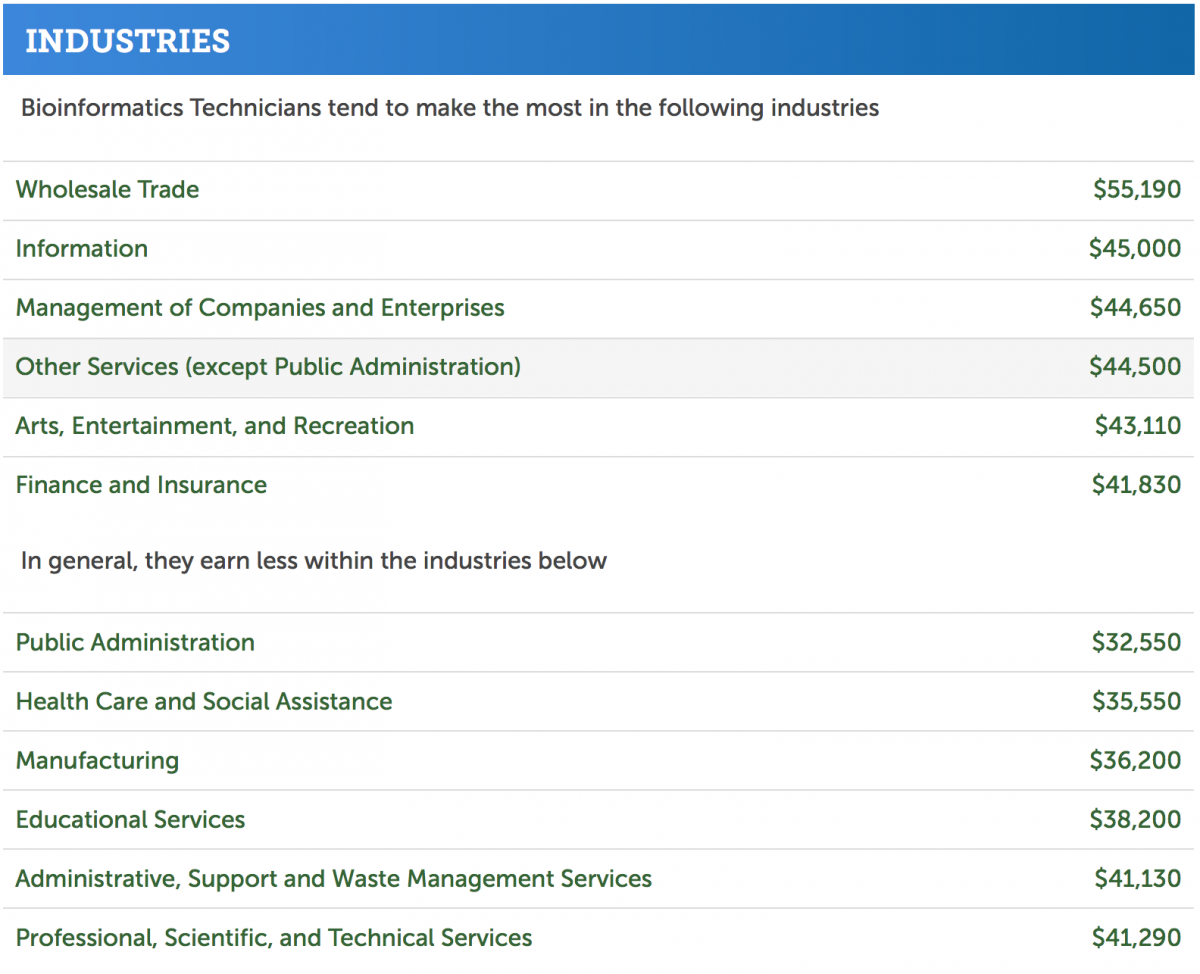
Job prospects for bioinformatics technicians are good, with close to 40,000 positions predicted by 2018.
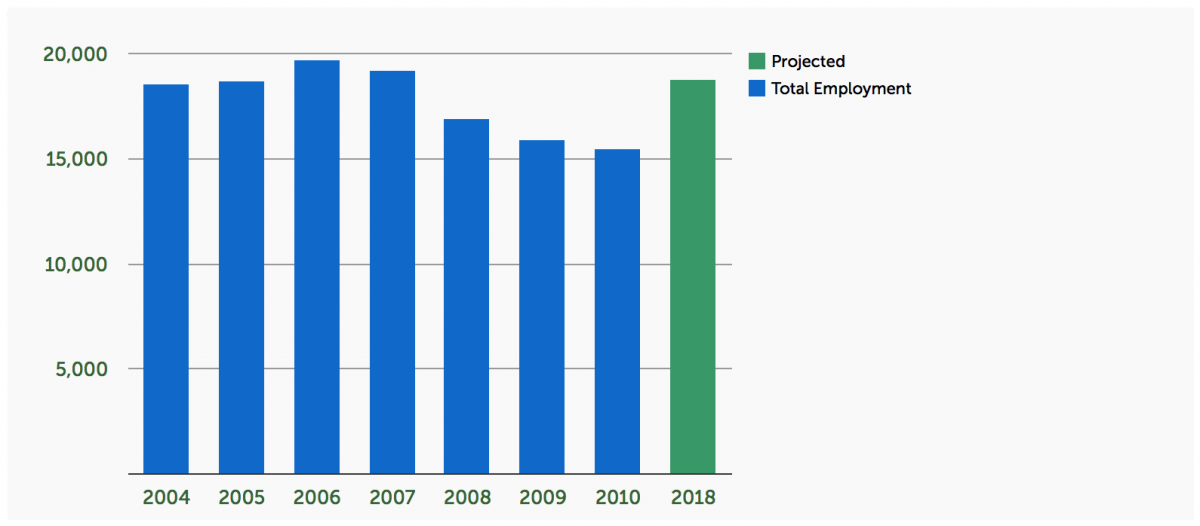
The best opportunities are found in the private sector and local and federal government positions were employees could expect to earn in the region of 40,000 to 60,000 dollars.
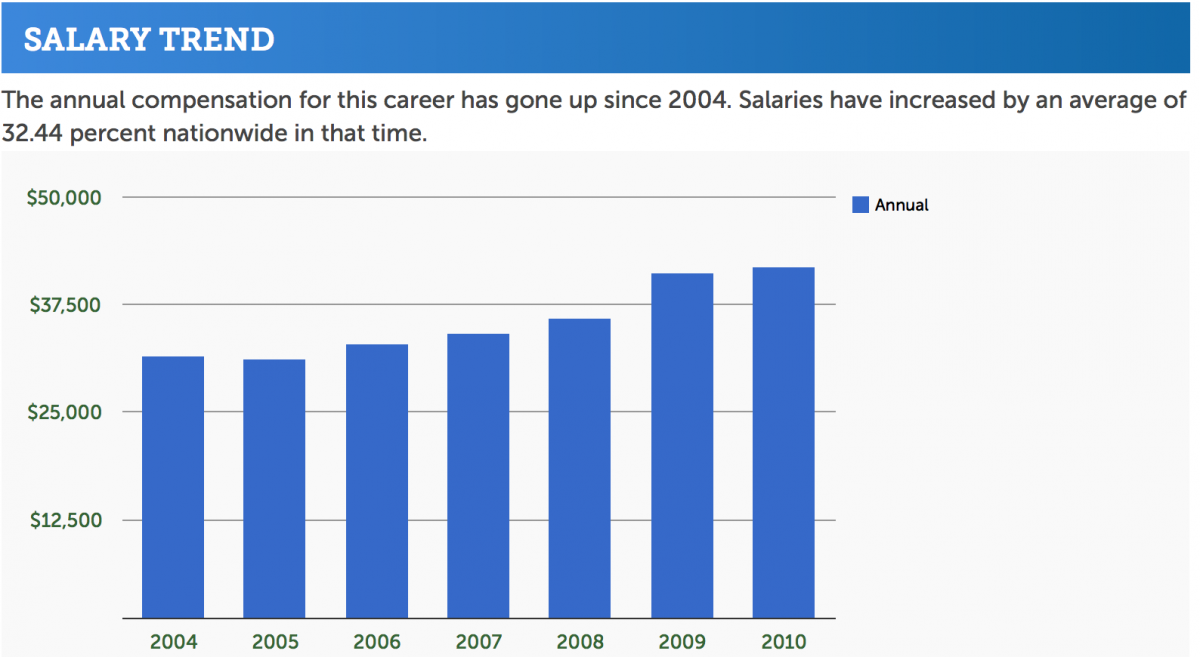
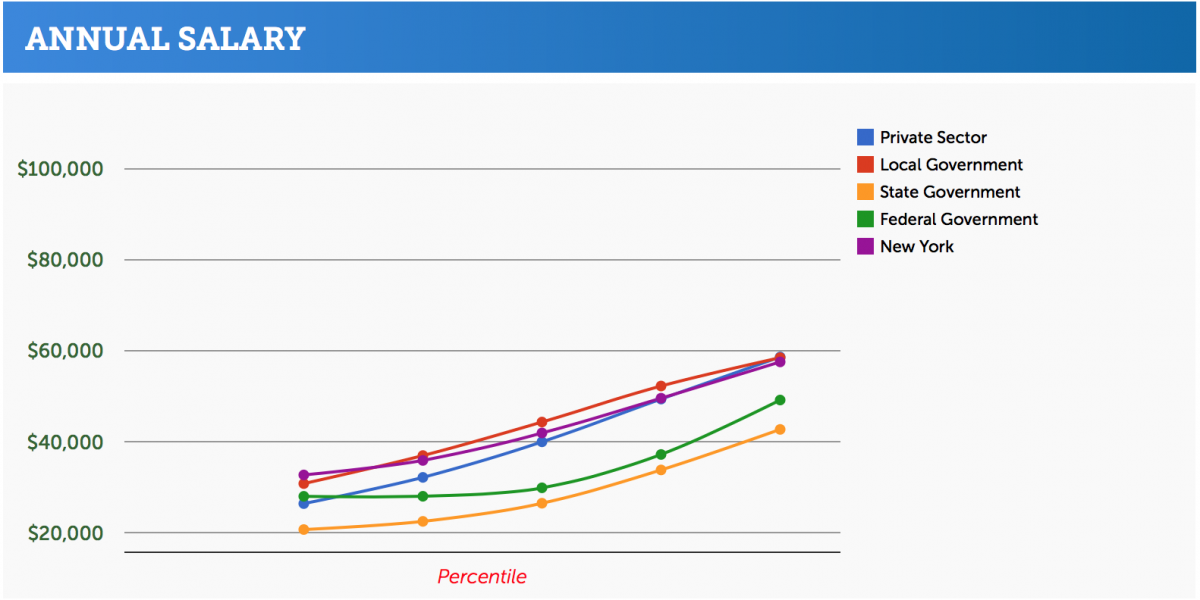
Bioinformatics Scientists conduct research in pharmaceuticals, medical technology, biotechnology, computational biology, proteomics, computer information science, biology and medical informatics. They can design databases and develop algorithms for processing and analyzing genomic information, or other biological information.
Job prospects for bioinformatics scientists are also good, with close to 20,000 positions predicted by 2018. 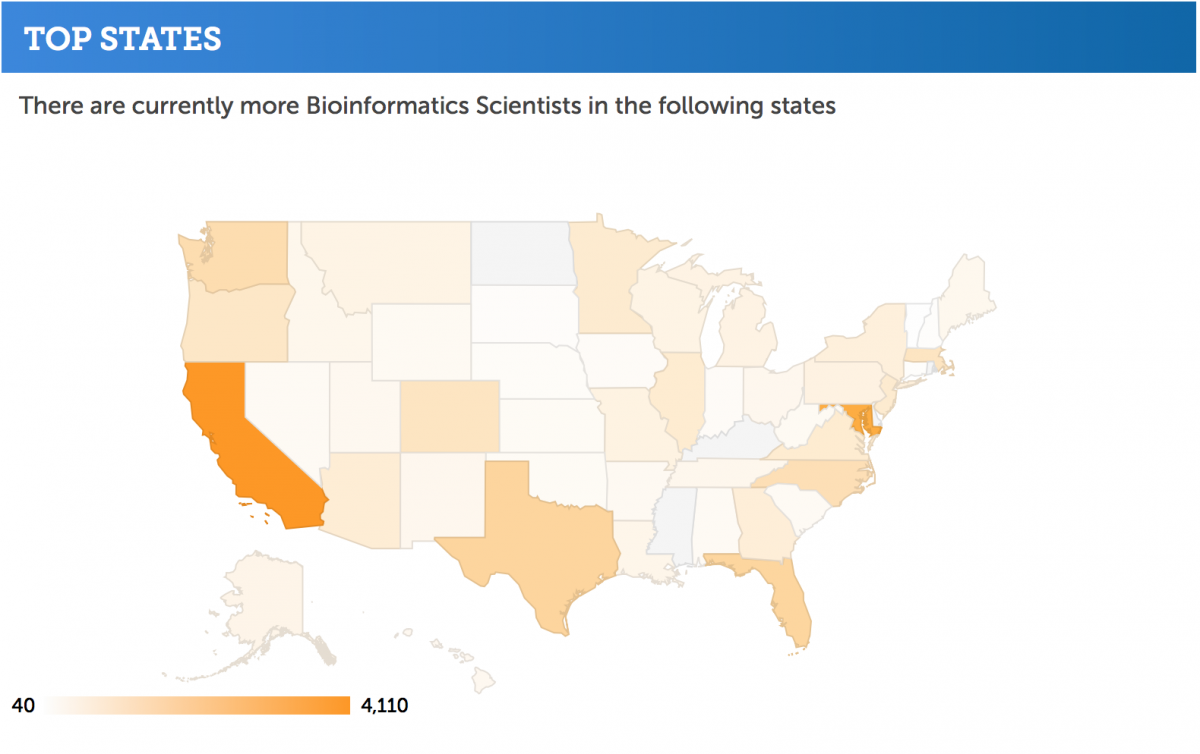
Unlike the bioinformatics technician positions, opportunities are found in multiple sectors and the estimated salary that could be earned is higher, in the region of 90,000 to 120,000 dollars.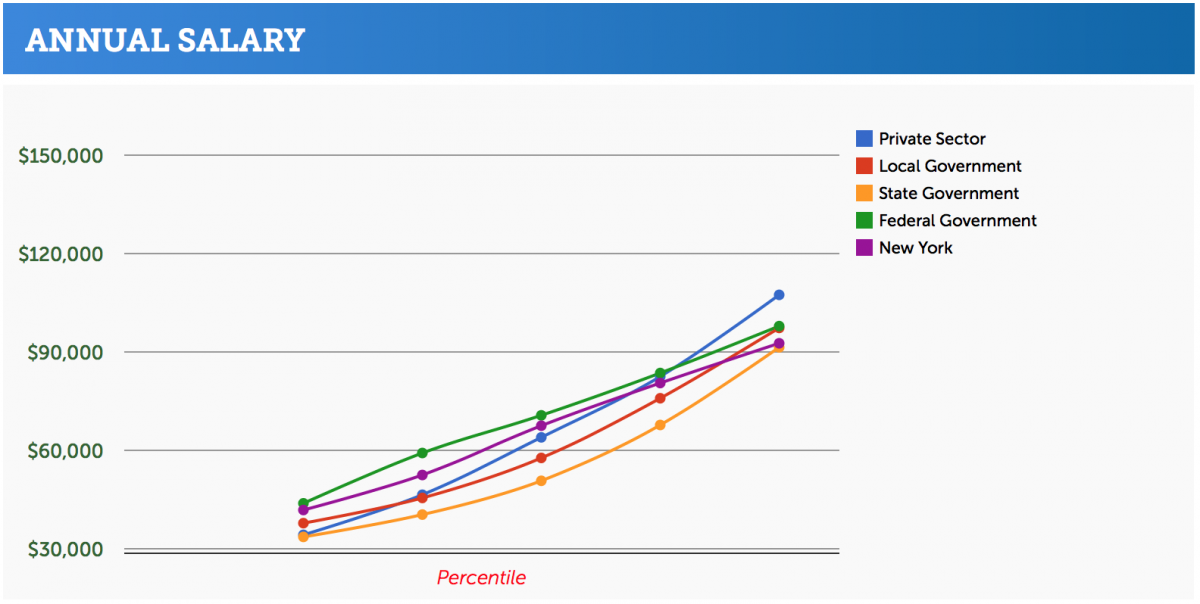
Health Informatics Technicians plan, develop, maintain, or operate a variety of health record indexes or storage and retrieval systems to collect, classify, store, or analyze information. 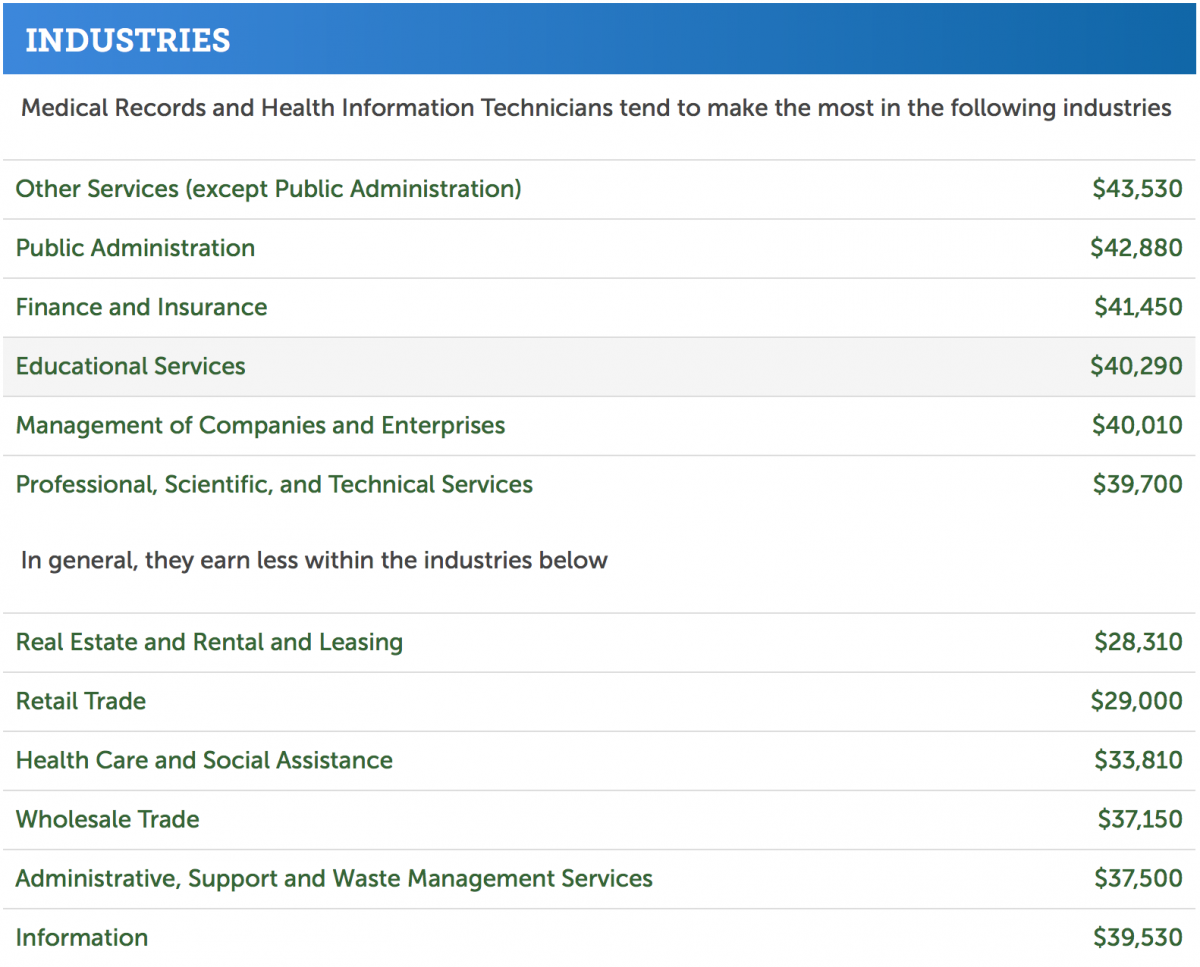 They release information to persons or agencies according to regulations and retrieve patient medical records for physicians, technicians, or other medical personnel. They also protect the security of medical records to ensure that confidentiality is maintained.
They release information to persons or agencies according to regulations and retrieve patient medical records for physicians, technicians, or other medical personnel. They also protect the security of medical records to ensure that confidentiality is maintained.
Job prospects for health informatics technicians are greater than both of the above, with close to 180,000 positions predicted by 2018. Opportunities are found in multiple sectors and employees could expect to earn in the region of 40,000 to 60,000 dollars.
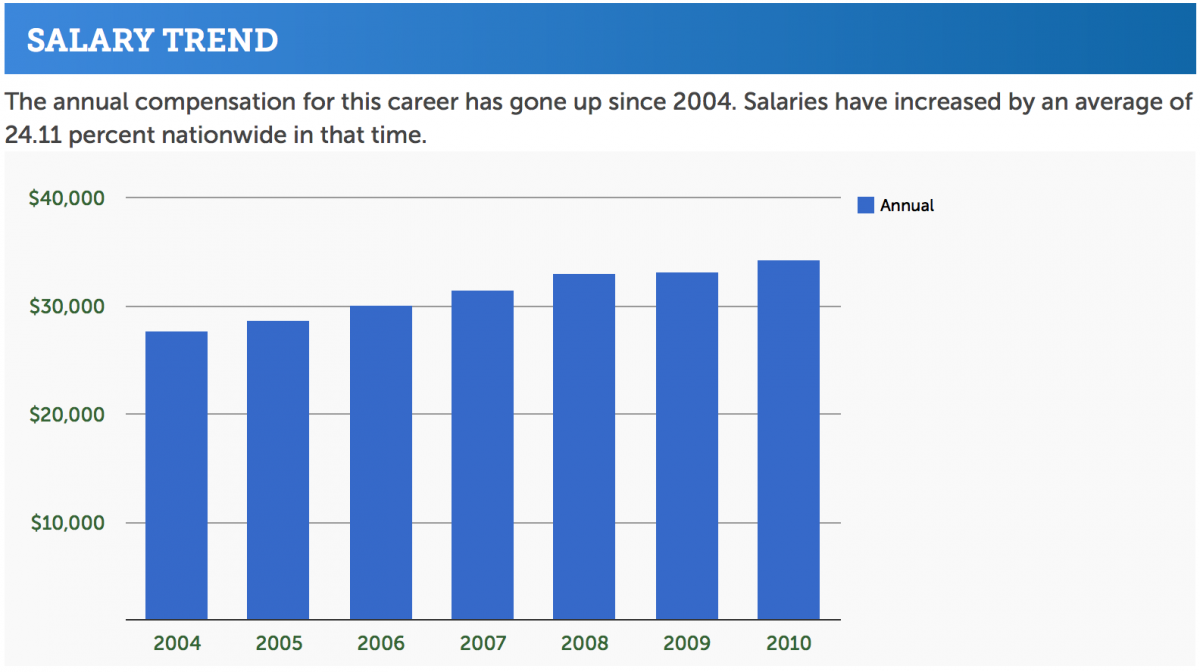
How to advance in the field of Biomedical Informatics
- More schooling: Those with advanced degrees are capable of advancing further in the work place and can command higher salaries.
- Volunteering: Provides you with practical experiences in the field. Hospitals and clinics often have spaces for volunteering where you can gain behind the scenes insight to the multiple facets of the industry. Research projects in a University environment also provides a different perspective on the types of problems to be addressed in the industry.
- Shadow: Following trained specialists permits you to understand the field better so that you can gain insight into volunteering and work opportunities. This enables you to establish a professional relationship with someone in the industry and yields connections to other resources.
- Networking: Building relationships with those in the industry and with those with the same goals provides you more opportunities to seek out openings into the industry.
- Interning: A practical way to gain experience and build networks with a practical goal in mind. This is a program requirement that enables our students achieve these goals.

